|
There are many ways to change the status quo. You can read a full synopsis of each of these tactics and general activist organizing tips by downloading the free half e-book, Surviving Climate Change And Other Disasters or buy a copy at my Etsy Shop. Be careful out there protesting!
Non-Violent Direct Action: Usually takes the form of disrupting an event, either by causing a ruckus through singing and shouting, or by blockading passageway to an event or something significant. Outright defiance of the dominant culture also works, such as when Rosa Parks refused to give up her seat on a bus in opposition to segregation laws. Violent Direct Action: Using forceful or destructive means to create a statement or attempt to create change. These are primarily used by military forces and include setting property on fire, wars, assassination, riots, torture, and even computer hacking. Hacking and Programming: With many people relying on robots for their survival now, those with knowledge of how to create and manipulate the world of electronic devices and data networks have very great powers to both destroy and create. Indirect Action: Shows how meaningful a cause is to a person, such as with hunger strikes or signing a petition online. Typically these have very little influence on anything other than as a means of drawing attention to an activist cause and potentially gathering new allies. Education: Educates a populace about a topic they were previously unaware of via fliers, presentations, art, conversations, videos, etc. Idea Exposure: Introducing a diversity of beliefs, or secluding people from outside ideas is responsible for changing many minds throughout history. When ideologically different people live in close proximity or have access to each other through things like the internet, many are forced to question their beliefs. On the flip side, if a group of people secludes themselves from outside ideas, their beliefs can exist unchallenged. Communication: Different situations may call for violent or nonviolent communication. Violent communication can work by shaming people into certain behaviors, although it is unlikely that they will like you or actually support what you believe. Nonviolent communication is a method of connecting with a person's basic human needs and is much better at creating mutual understanding than swearing or yelling at a person (read Nonviolent Communication by Marshall Rosenberg). You can also just casually talk to people about why a particular thing is problematic and give them alternatives. Youth Education: Since activism can take a considerable amount of time to transform culture, and adults are often set in their ways, focusing on introducing new ideas to youth through entertainment, the internet, and public education can be the quickest way to change cultures at a mass scale. Propaganda: Propaganda uses media to change minds about some subject, generally by appealing to a person's basic needs or emotions. Propaganda may stretch the truth or be completely fabricated from what the creator knows to be true, but the result nonetheless helps change minds. This can be done through fliers, news broadcasts, articles, posters, speeches, etc. The best propaganda speaks to a person's basic emotional and material needs, like happiness or money. Laws: Creating or demolishing laws is a fairly effective way to create change, because following or not following that law is connected to a person's basic need for freedom – breaking the law will potentially end their freedom. It also makes everyone aware of the alternatively desired idea, even if they don't want to believe it. While effective, many laws are not well enforced. Some laws can also have the opposite of the desired effect. For instance, making “drugs” illegal in the USA has actually led to a greater incentive for drug dealers to convince people to take drugs because the monetary value is higher. You need to be careful with the repercussions of making rules. Lawyers: Lawyers can help change laws or challenge the behaviors of people and businesses who are being unlawful. Some lawyers will assist activists for free, but others charge a considerable sum of money. Self-Care and Passion: People who take care of themselves, especially within oppressive institutions, can be amazing beacons of light and sources of inspiration for those who are lost or do not entirely agree with an existing system. Just by setting an example through being fully passionate about a particular subject you help change those around you. You don't have to necessarily tell people that they're wrong, you can show them the amazing world that is possible if things were to change. Fun and Entertainment: Activism doesn't have to be dull and stressful, it can involve making educational games for children, creating art, performing a theatrical act, singing a song, making people laugh, dressing up in costume, and generally uplifting the lives of others. Activists that incorporate these aspects into their causes are much less likely to burnout while drawing a greater number of members to their ranks. In fact, artists are often the first ones to introduce ideas to the masses and make movements exciting to participate in. Creation: Activism may be accomplished by way of creating things, especially art, new products, and businesses to challenge existing products, service models, aesthetic values, work standards, and so forth. Many activists just focus on destroying existing institutions before ever having an alternative to fill in or replace what they're opposing, but showing people a better world that is possible makes convincing them of your ideals much easier. Purchases: Enough people opting out of or into buying something can crash or bolster industries and services. Philosophy: Many philosophers have thought a lot about the meaning to life (or the lack thereof) and through their written ideas and observations of existence come to conclusions that whole nations may decide to follow. However, there are many competing ideas that make any philosophy difficult to spread into a movement, so don't rely on this too heavily. Scientific Research: People in recent times have some amount of trust in scientists, and so using the scientific method and the observable world to understand a concept, or discovering the benefits or drawbacks to a particular idea or material can have vast repercussions on everyday people. Scientific research becomes especially helpful when paired with lawyers, law, medical fields, and the engineering of new technologies. Creating Small-Scale Examples: Even if your community or city is just a few thousand people, you can exemplify sustainable systems to show the world what is possible. Generally larger communities want data and examples before adopting change, so your local actions could start a mass movement. Consider this with voting systems, technologies, community gardens, vertical farms, prisons, and other reforms. Building Communities: Ending your role in individualism can be very powerful. Change will not happen unless people unify together to demand it. Unionize, strike, host potlucks, live together with like-minded people. People are hugely divided in the world right now, but climate change is an excellent way to have a common enemy to fight together against. Donations: Social and environmental change groups always need more money, more volunteers, more food, and more supplies.
0 Comments
Leave a Reply. |
About Me
Hi! My name is Sage Liskey, the founder of the Rad Cat Press. I grew up seeing a lot of the disturbing, toxic, and unhealthy sides of American culture, and I wanted to do something to change it. Since 2010 I have been writing books and zines (booklets) focused around uplifting lives and reimagining society, with a primary focus in mental health and empowerment. I believe a better world is possible, so I hope you feel inspired and a little more fulfilled from what you find here. Read on about my mission.
Subscribe to my Patreon here for lots of great perks including e-books of all my work, discounts, member's-only content, access to my digital library, and much more!
My Books and Zines
Instagram
Upcoming Events
Categories
All
Archives
August 2023
|
|
© 2022 -- Sage Liskey. All rights reserved
RadCatPress@Gmail.com |
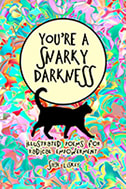
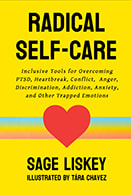

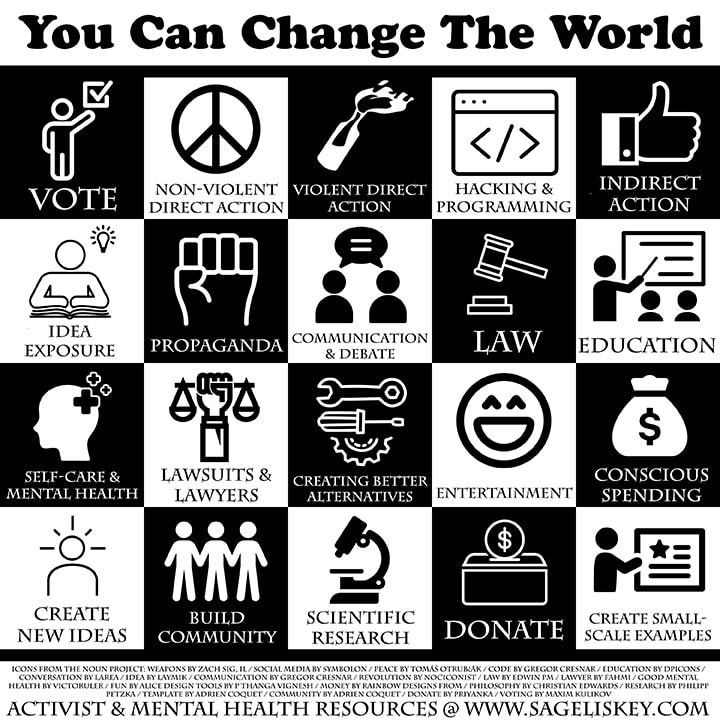

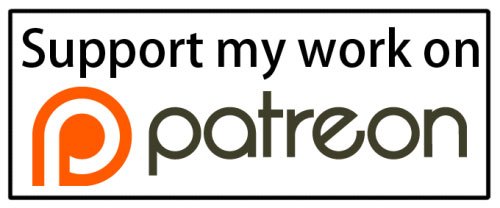
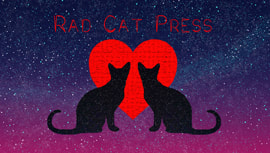
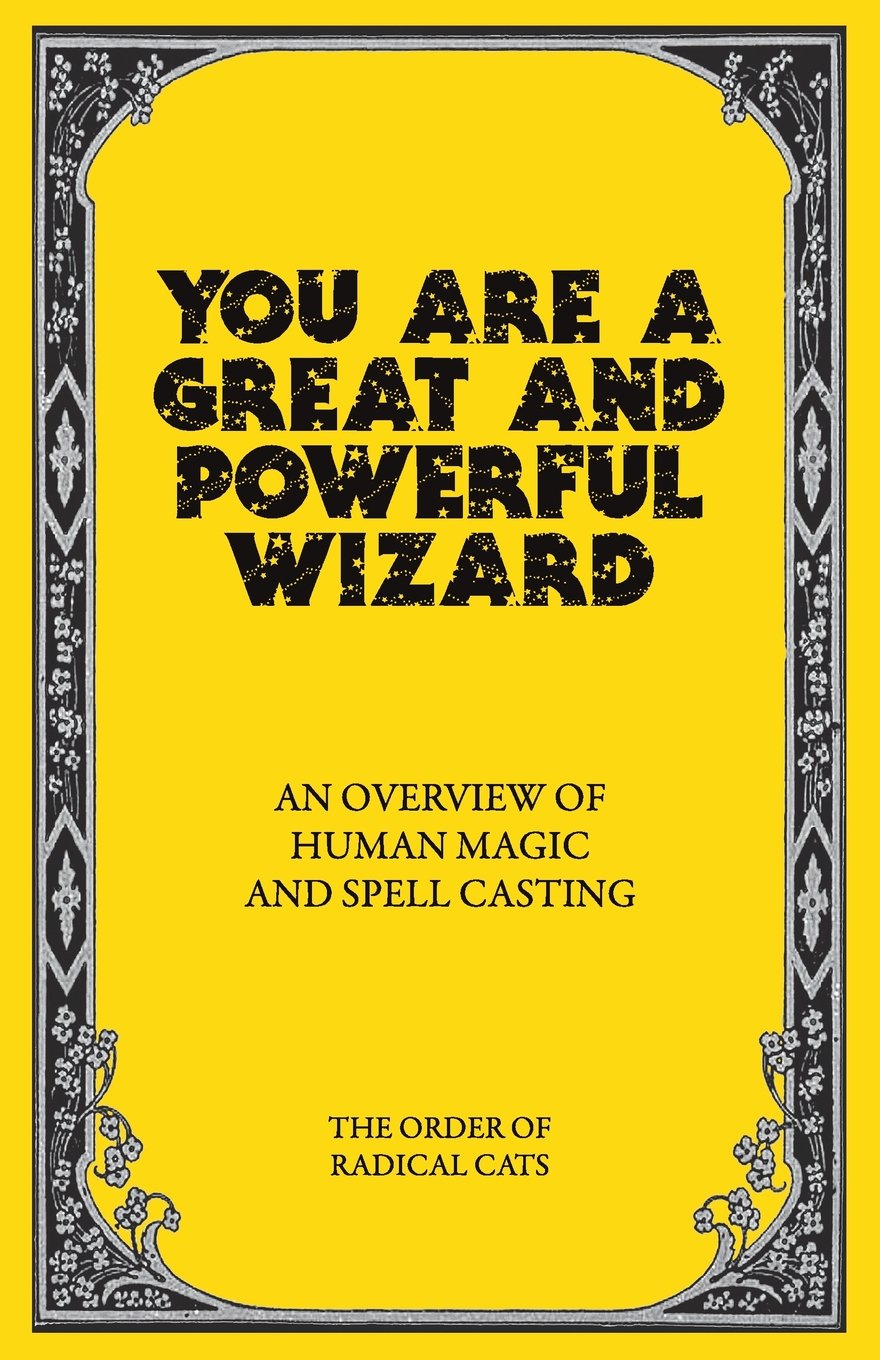
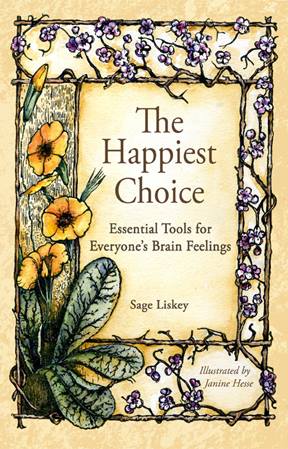
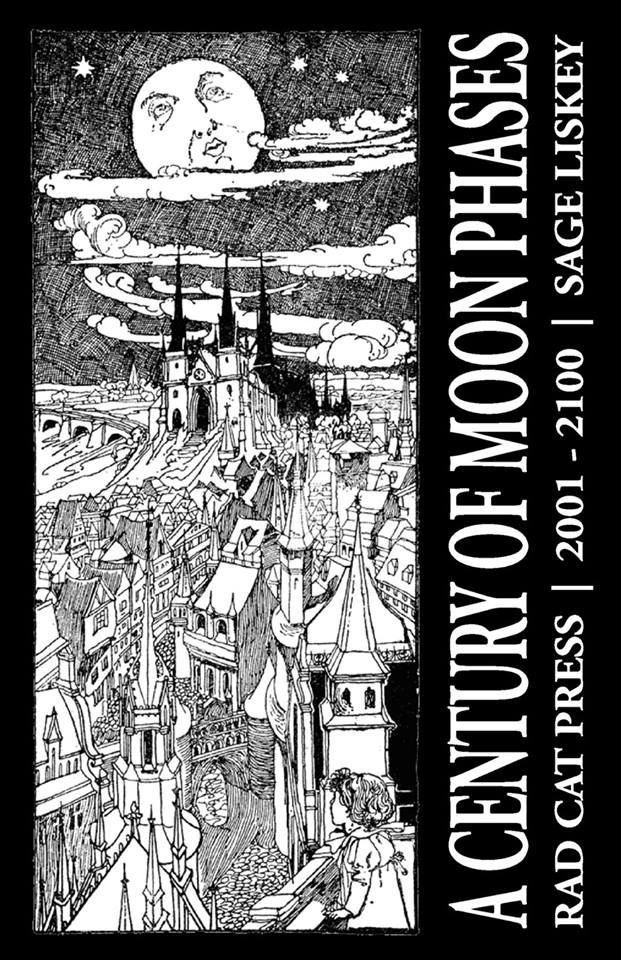
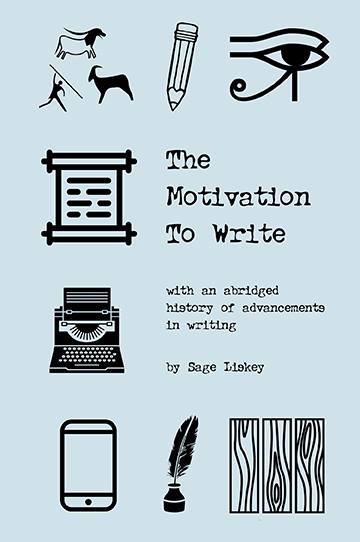
 RSS Feed
RSS Feed